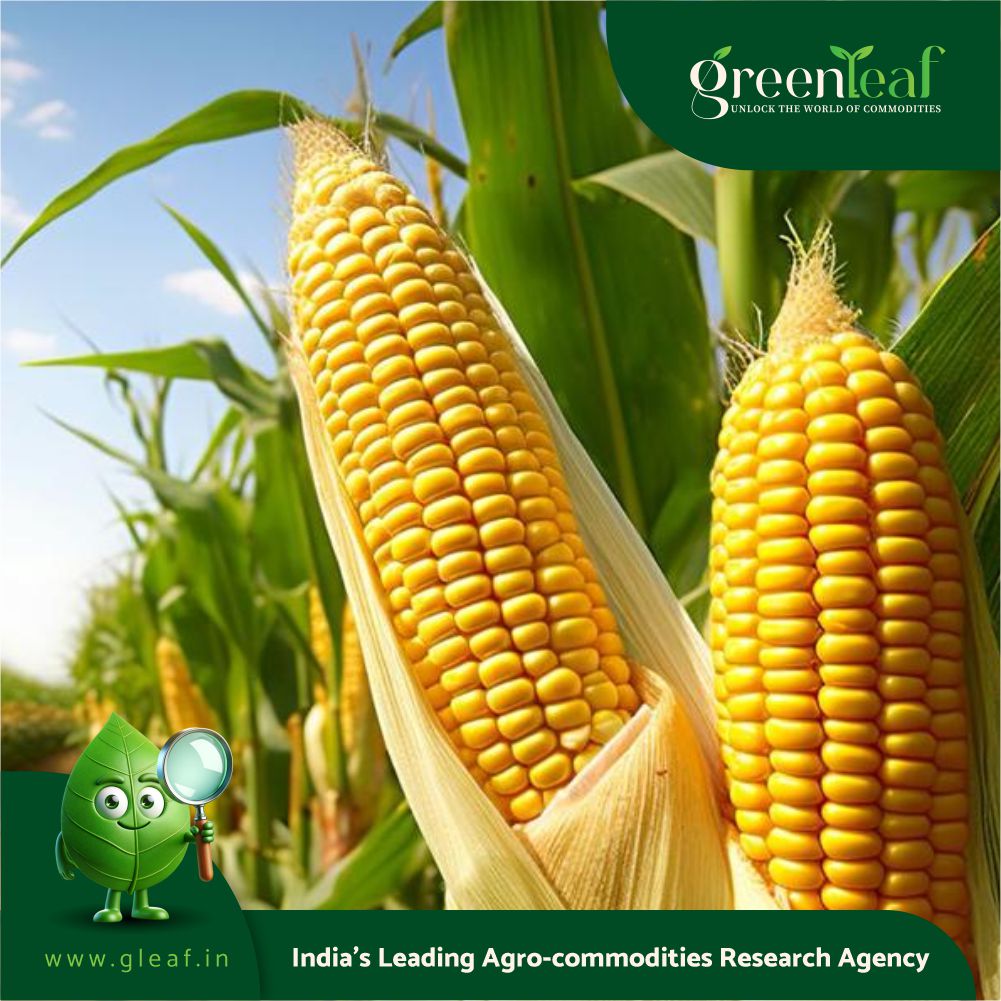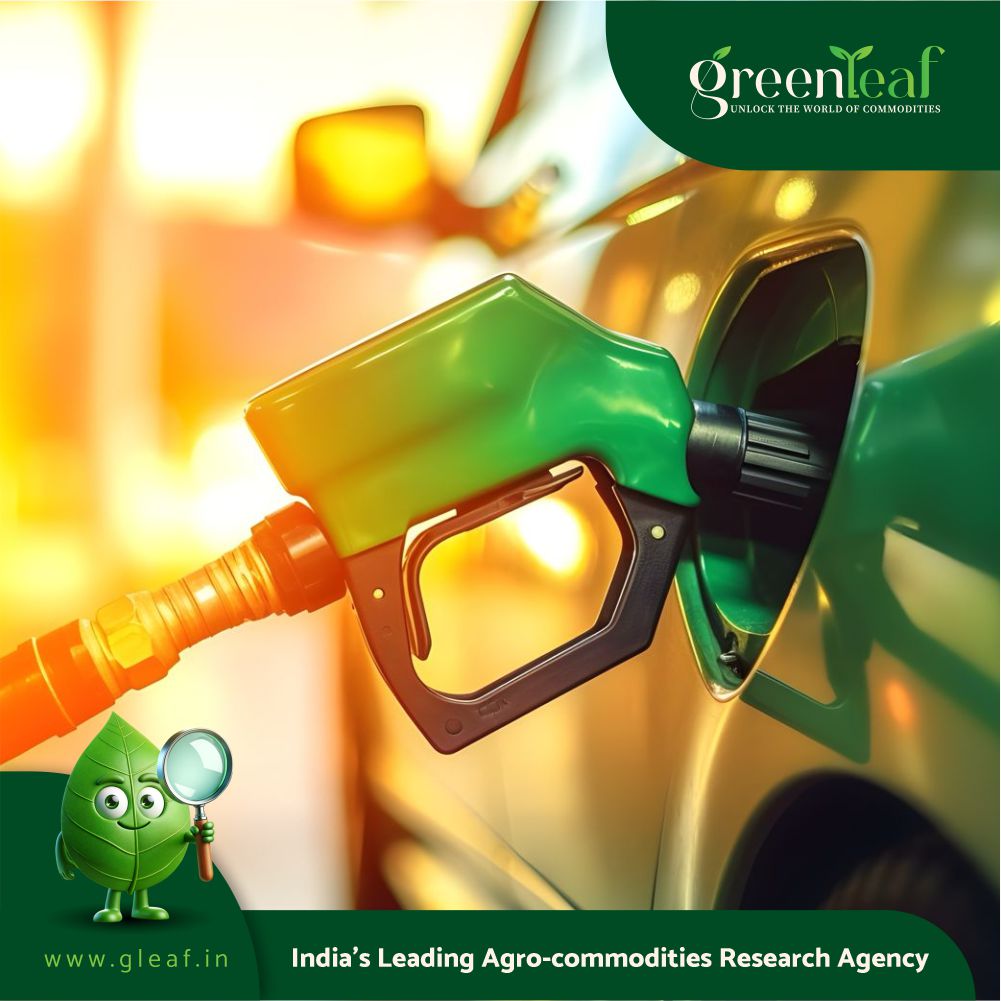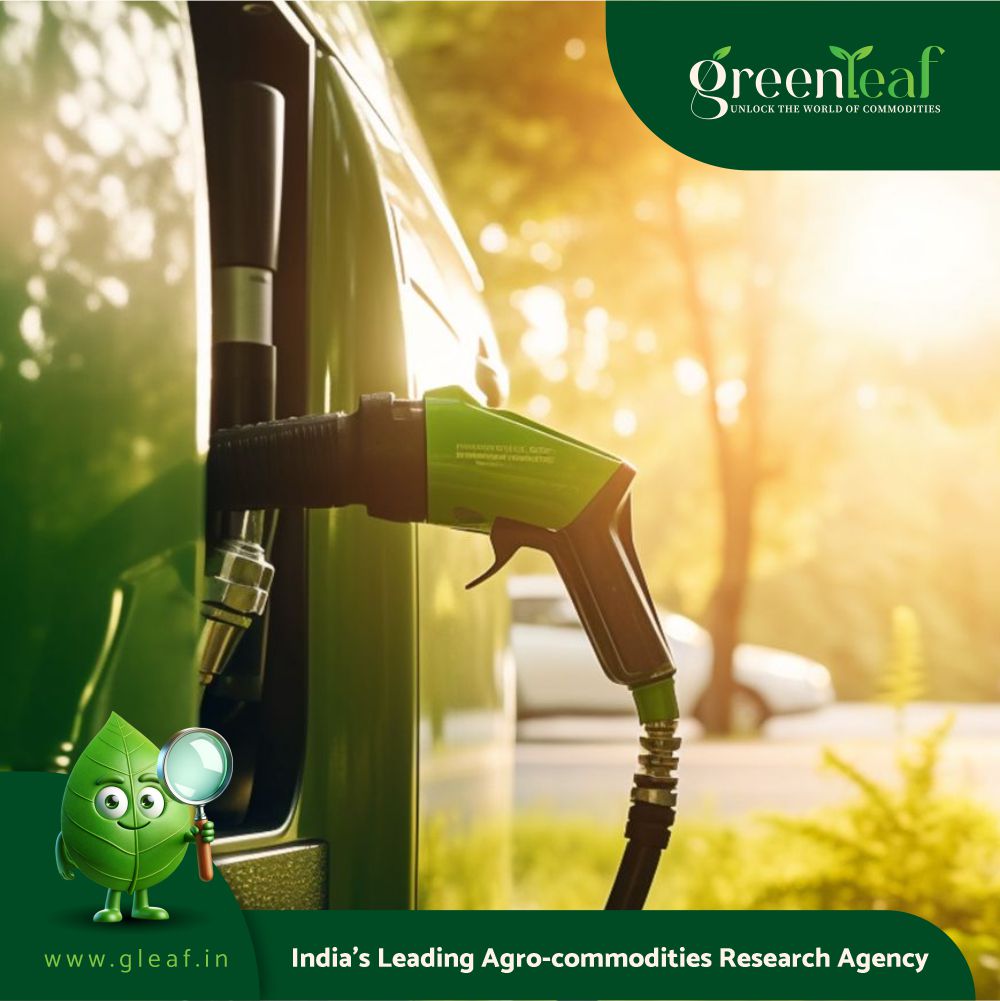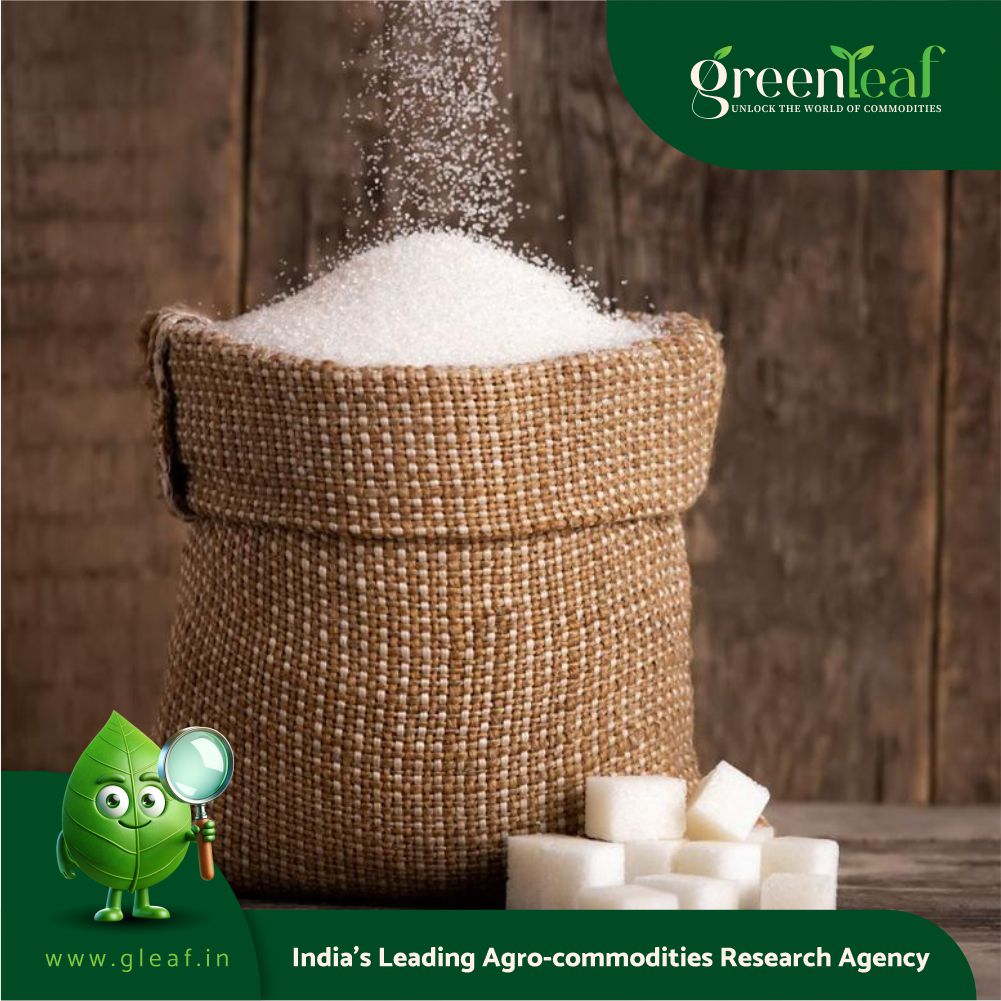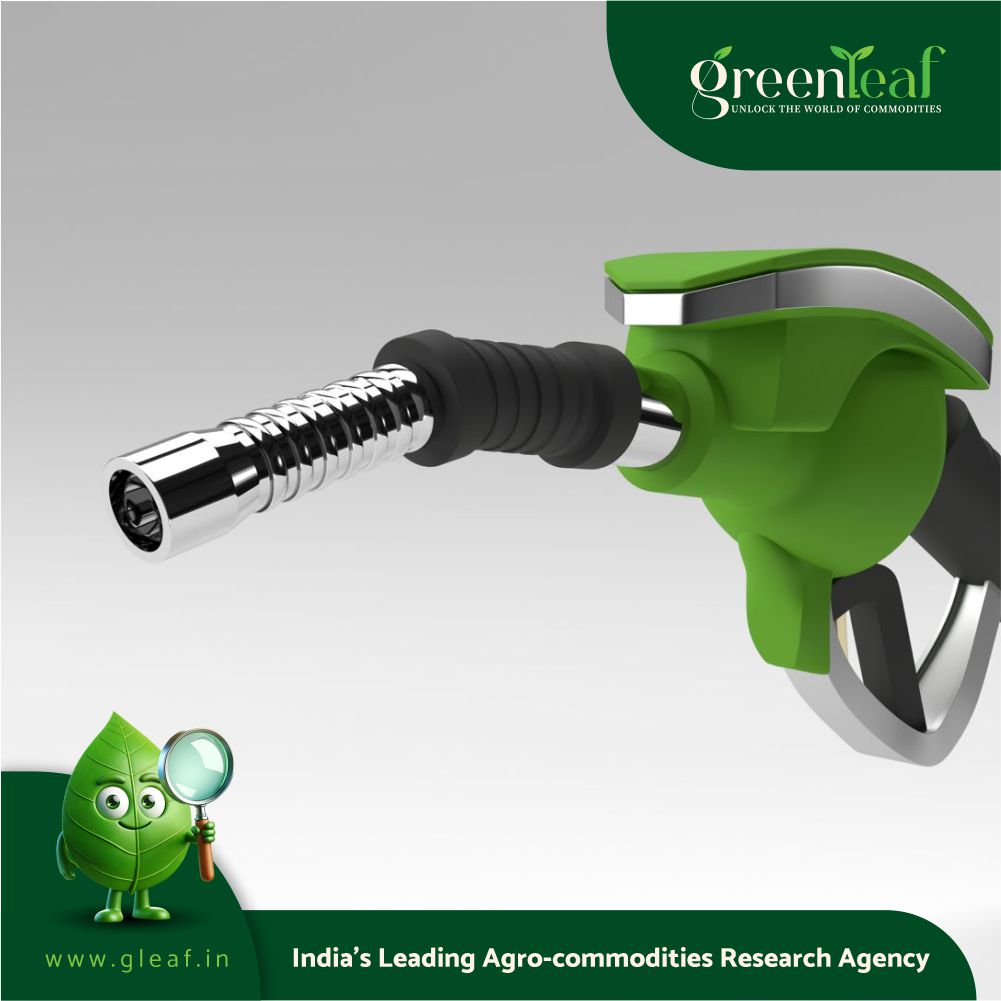As ethanol emerges as a major growth driver for maize in India, policymakers, researchers, and industry leaders convened at the 11th India Maize Summit to chart a forward-looking strategy for boosting production and transforming the maize ecosystem. Organized by the Federation of Indian Chambers of Commerce and Industry (FICCI) in collaboration with the Indian Institute of Maize Research (IIMR).
Ambitious Growth Targets to Meet E30 Goal
Dr. H.S. Jat, Director of ICAR-IIMR, emphasized that to meet the country’s E30 ethanol blending target, maize production must increase at a compound annual growth rate of 8–9%, reaching 65–70 million tonnes by 2030. Ethanol production currently consumes 18–20% of India’s maize output, a share expected to grow significantly.
To improve ethanol recovery from maize, Dr. Jat underscored the need to boost starch content in hybrids—from the current 38% to at least 42%. IIMR is actively developing high-yielding hybrids, capable of producing 10–11 tons per hectare in the rabi-spring season and 7–8 tons during kharif, with fermentable content reaching 64–65%. He also stressed the importance of site-specific mechanization to achieve the desired productivity, from sowing to harvest.
Maize Emerges as India’s Fastest-Growing Cereal
Sunjay Vuppuluri, National Head of Food and Agribusiness Strategic Advisory and Research at YES BANK, revealed that maize has emerged as India’s fastest-growing cereal crop. Over the last decade, acreage has surged by 31% to 12 million hectares, while production has jumped 75%, exceeding 40 million tons.
As reported by chinimandi.com, a concerning demand-supply gap is opening up—while consumption is growing at 6.7% annually, production is trailing at 5.8%. The poultry industry remains the largest consumer, accounting for 51% of demand, followed by ethanol at 18%, underlining the crop’s rising strategic value for both food and energy security.
Private Sector Pushes for Innovation and Collaboration
Subroto Geed, Co-Chairman of FICCI’s Agriculture Committee and President – South Asia at Corteva Agriscience, called maize a “national imperative.” He urged a nationwide focus on advanced technology, resilient seed systems, and digital agriculture to strengthen the sector. He said, “Only by aligning farmers, government, industry, and researchers can we build a climate-smart, self-reliant maize economy for India.”

